REAL PROGRESS OR “SPORTSWASHING”?
The Saudi regime’s track record on human rights has long been a problem for any western company that has chosen to work with them. Women in particular have been treated in ways that are abhorrent to more liberal societies: among other restrictions they were unable to vote until 2015, banned from driving until 2018 and required to have a male guardian who made important life decisions on their behalf until 2019, although some restrictions still exist today. LGBTQ+ rights are practically non-existent, with homosexuality punishable by death or public flogging. Amnesty International has reported that torture is still used by the state as a punishment, and that one of the punishments for robbery is to have a limb amputated. Government critics are often imprisoned, and public demonstrations have been banned since 2011.
By the time King Salman named his son Mohammed as the crown prince in 2017, making him the second most powerful person in the land, it was already apparent that the new heir to the throne was eager to rehabilitate Saudi Arabia’s image. In 2016 he launched ‘Saudi Vision 2030’, an initiative to reduce the country’s dependence on oil by expanding industries such as entertainment and tourism. Within months the first new cinemas in the country for 35 years were being built, the first public live music concert in a quarter of a century took place, and plans for a Six Flags theme park were announced. Add to this the gradual reforms that were implemented to relax some of the more stringent restrictions described above, especially in relation to women’s rights, and there was a growing sense prior to the Khashoggi murder that Mohammed bin Salman was serious about modernising his country.
It was against this backdrop that the WWE deal was announced in March 2018: a ten-year agreement with the Saudi General Sports Authority (now the Ministry of Sports) that would be worth tens of millions of dollars each year to the McMahon empire. There had already been a loose working relationship between the two parties for a few years, with WWE holding its first house shows in Riyadh in 2014. More events followed in the two years that followed, but this new collaboration was on an altogether different scale, and it was immediately apparent that both sides meant business. For the first show under the new relationship WWE would take over the 62,000-capacity King Abdullah Sports City near Jeddah for ‘Greatest Royal Rumble’, headlined by an unprecedented 50-man over-the-top-rope rumble match and supported by an undercard that on paper seemed to be Wrestlemania-worthy. John Cena and Triple H were booked for their first singles match against each other in years, The Undertaker was announced for a casket match against Rusev despite the two men having no storyline history, and a cage match between Brock Lesnar and Roman Reigns was one of seven championship matches advertised for the show. It all felt a bit like the kind of fantasy booking that kids might invent while playing with their action figures, but by suggesting in the event’s name that it would be greater than any of the 32 Rumble matches that had been presented in the past, some longtime fans surely felt as though the company was disparaging an important part of its heritage in exchange for a payday.
The inevitable criticism around human rights soon followed the announcement, particularly once it became clear that no women would be allowed to wrestle at the event. In response WWE CEO Paul ‘Triple H’ Levesque insisted that the company could help to bring about cultural change, pointing to the fact that the company had presented the first-ever women’s match in the Middle East during a house show in Abu Dhabi a few months earlier.
“You can’t dictate to a country or a religion about how they handle things but, having said that, WWE is at the forefront of a women’s evolution in the world,” he said. “What you can’t do is affect change anywhere by staying away from it.”
Meanwhile the company was having more than its share of unusual problems with the male roster for the event, some of which reportedly stemmed from requests made by Prince Mohammed himself. Veteran wrestling journalist Dave Meltzer reported afterwards that officials representing the Saudi leader had requested that Yokozuna and the Ultimate Warrior be included as entrants in the rumble despite the inconvenient fact that neither was still alive. There was also some confusion over Rusev’s involvement: at one point he was replaced by Chris Jericho in the casket match (he later explained this was punishment for a tweet in which he jokingly requested that Taker “bury me softly”), before being mysteriously reinstated. By the time the WWE contingent arrived in Jeddah it was fair to say that the build-up to the show had not been entirely smooth.
The broadcast itself was a 5-hour marathon and the in-ring action was fine, although the 77-minute rumble match perhaps outstayed its welcome somewhat, but some of what happened between the matches gave the show a distinctly odd feel. After both the Saudi and US anthems played in the stadium to open the show, commentator Corey Graves told viewers it was a night to “celebrate Saudi Arabia’s progression for cultural diversity in the Vision 2030 plan,” and Michael Cole commented that “we’ll talk about that throughout the evening.” He wasn’t kidding: everyone from John Cena to the Hall-of-Famers on the “all-star panel” were at pains to emphasise throughout the night how wonderful the Saudis’ hospitality had been, and at one stage a slick promotional video propagandised about the “dawning of a new age” and a “societal renaissance” for which it credited Prince Mohammed. There was even a segment that indulged in the time-honoured wrestling tradition of using national rivalries to draw a crowd reaction: four Saudi prospects who had been at the company’s recent tryouts in the country (including future SmackDown superstar Mansoor) were being interviewed in the ring when they were interrupted by the Daivari brothers, who strutted to the ring waving an Iranian flag and told the crowd that they came from “the strongest nation in the world.” They were quickly beaten up and dispatched by the trainees, and that was that.
To some onlookers this might have all been a bit sycophantic but otherwise it seemed relatively harmless. For others it was a gratuitous example of “sportswashing” – a word coined by Amnesty International to describe the act of an authoritarian regime using sports to improve their image and “wash away” their human rights abuses. Saudi Arabia was far from the only country accused of manipulating public opinion in this way: the 2008 Olympics in China, the 2018 World Cup in Russia, and various countries’ Formula One grand prix races have all had similar charges levelled at them in recent years. Even so, the Saudi efforts to utilise sports in this way seemed particularly determined: in addition to their work with WWE they had started hosting major boxing matches, held a PGA European tour golf event, and were holding talks with representatives from the top US leagues in baseball, basketball and soccer about bringing their brands to the kingdom. This was a major initiative, and WWE was among the most prominently willing participants.
Trending
- Spoiler On WWE Crowning Inaugural Champion
- WWE Star Heel Turn Confirmed
- Major Roman Reigns WWE Draft 2024 Update
- Carmelo Hayes Called Up In First Round Of 2024 WWE Draft
- Triple H Addresses WWE Main Roster Call-Up
- WWE Team Reacts After Being Drafted To Different Brands
- WWE Star Unsure About Return Plans After A Year Away
- Major Vince McMahon WWE & TKO Update
- Former WWE Star Sends Message Ahead Of AEW Debut
- Celebrity Teases WWE Match Against Current Champion


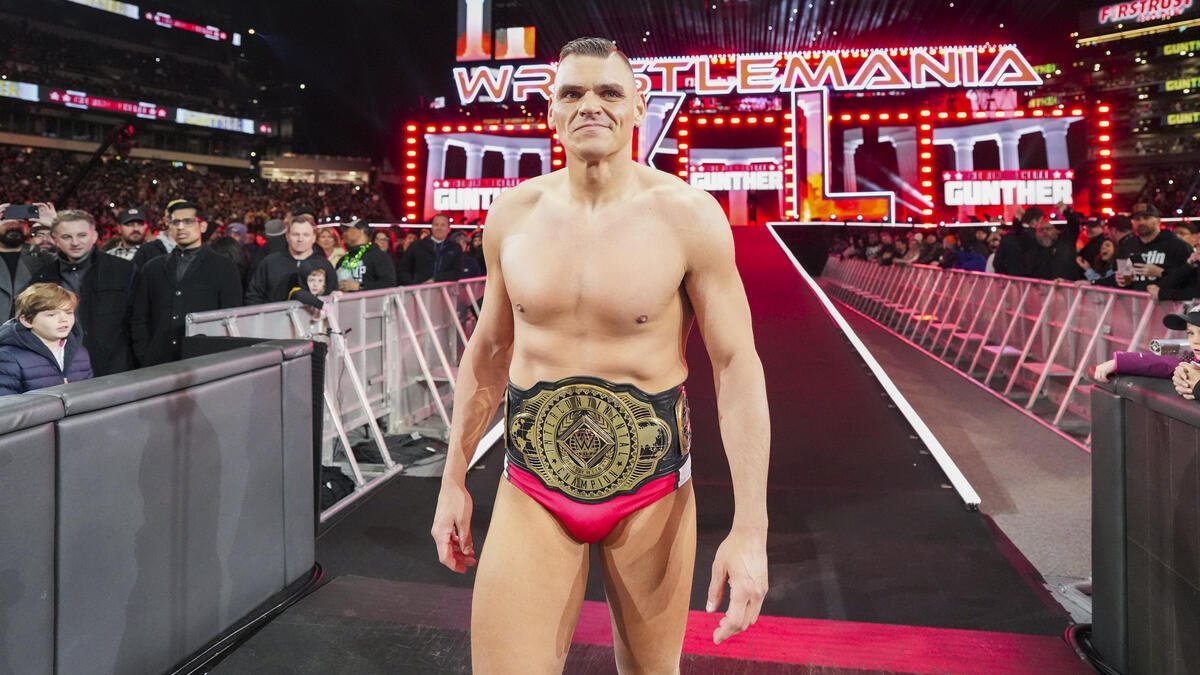
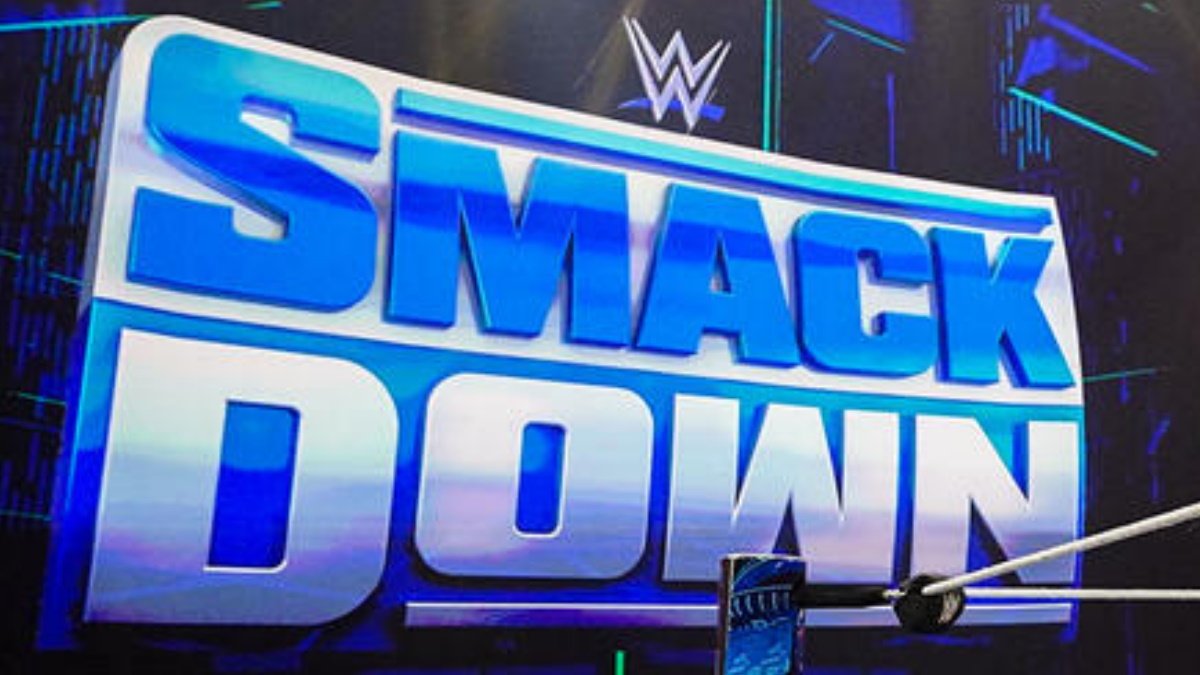
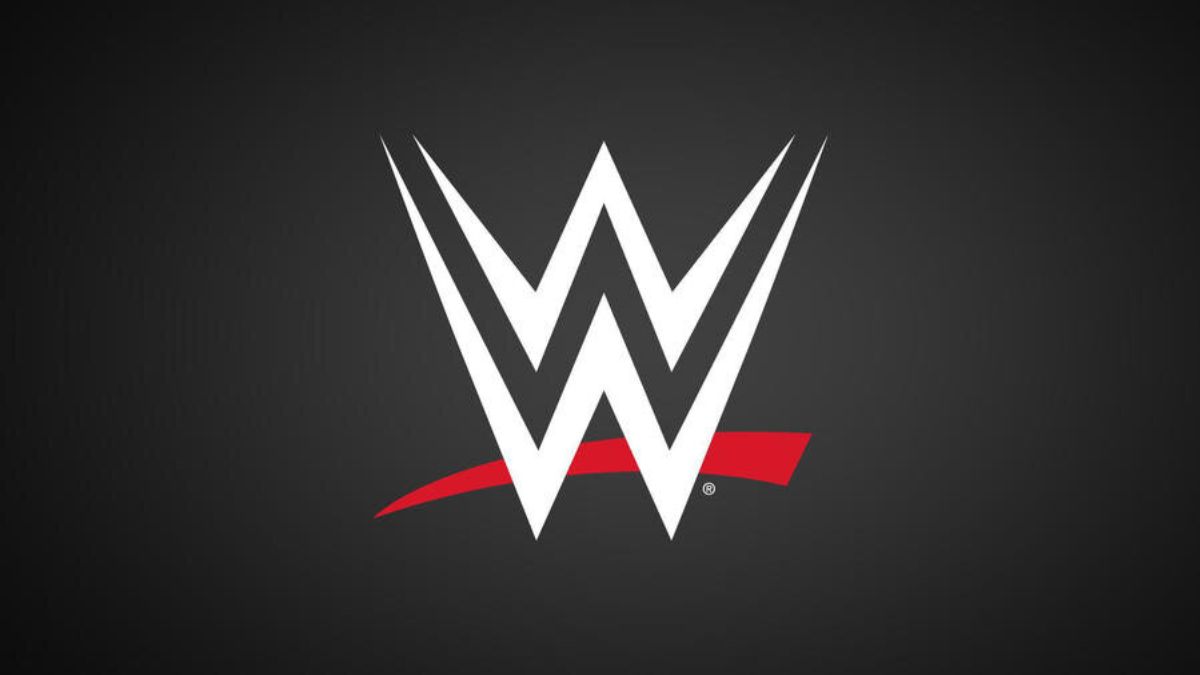
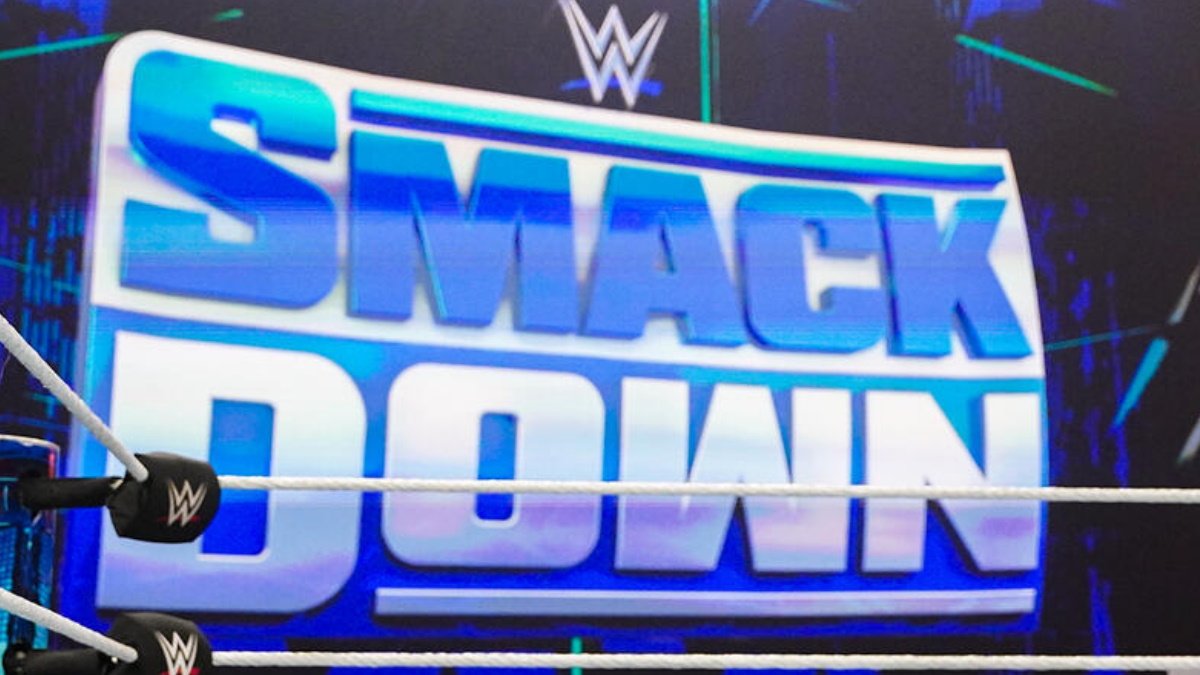
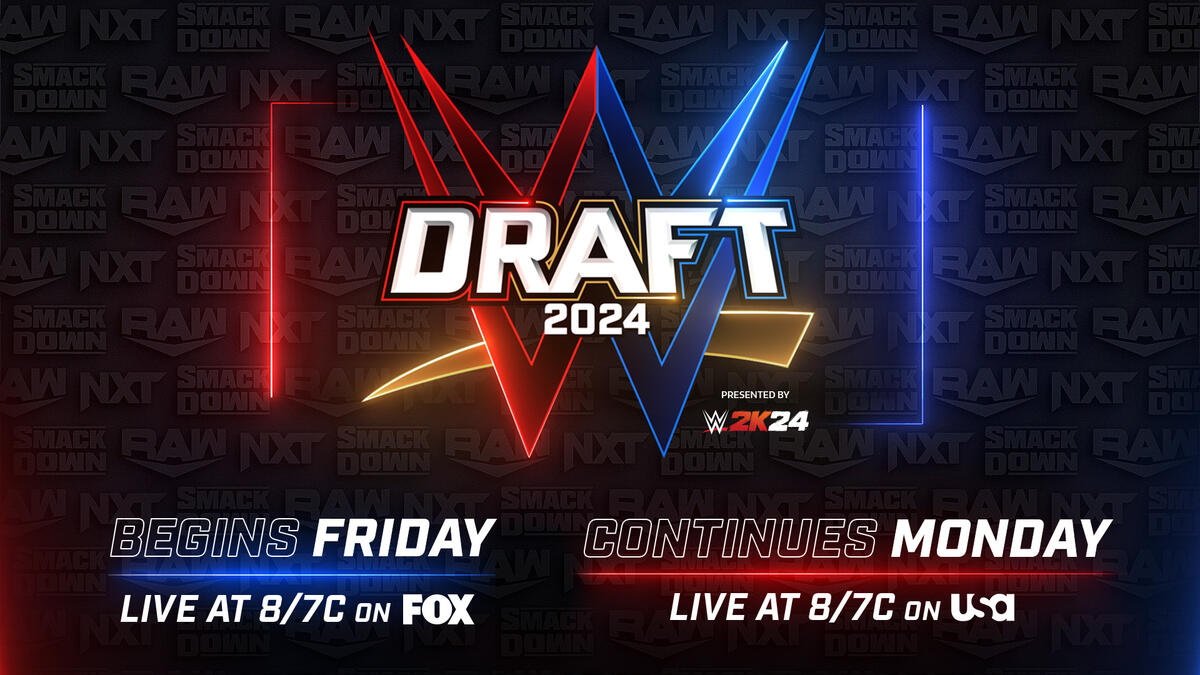
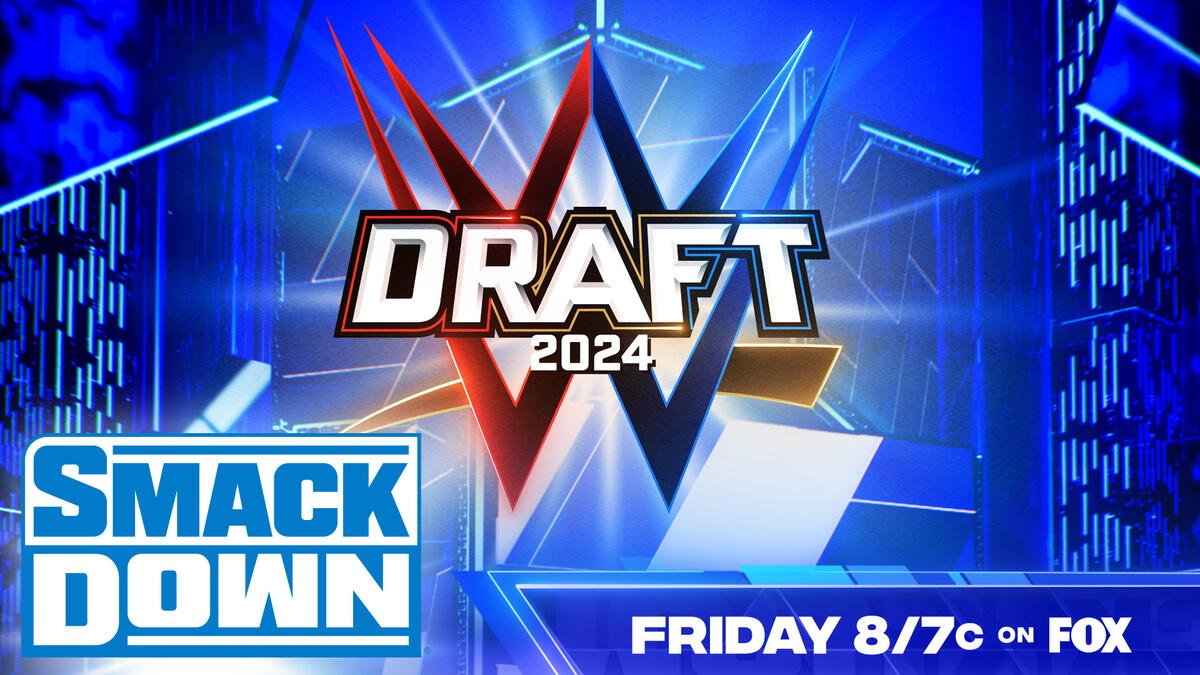
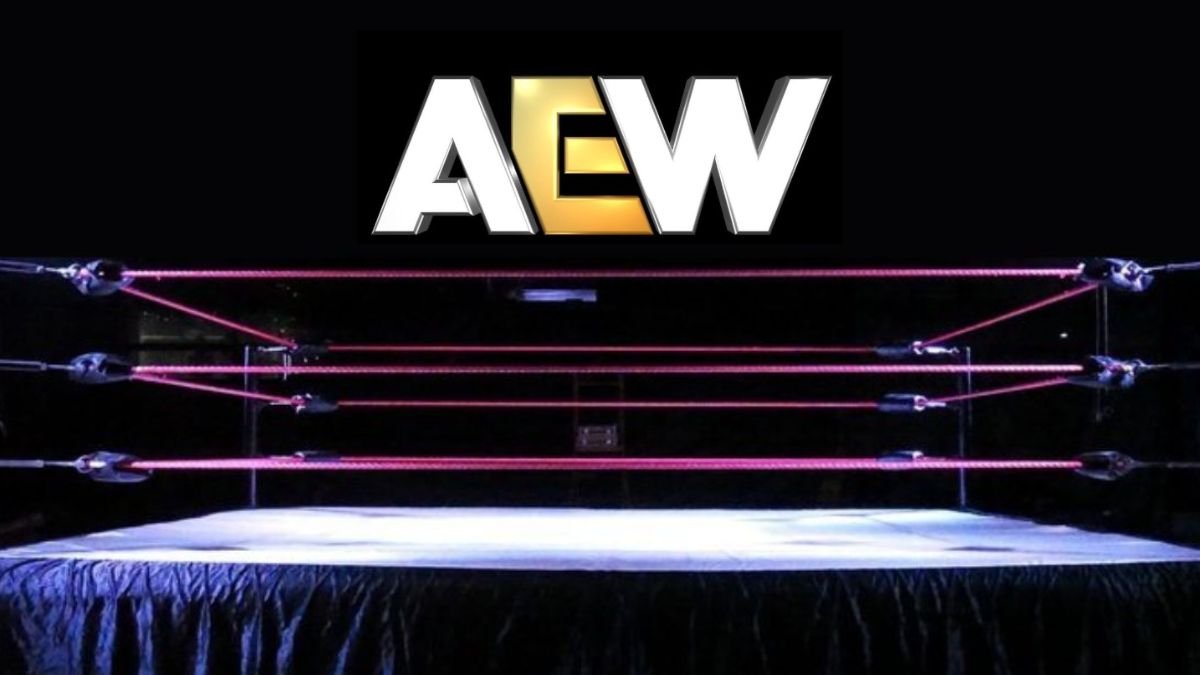
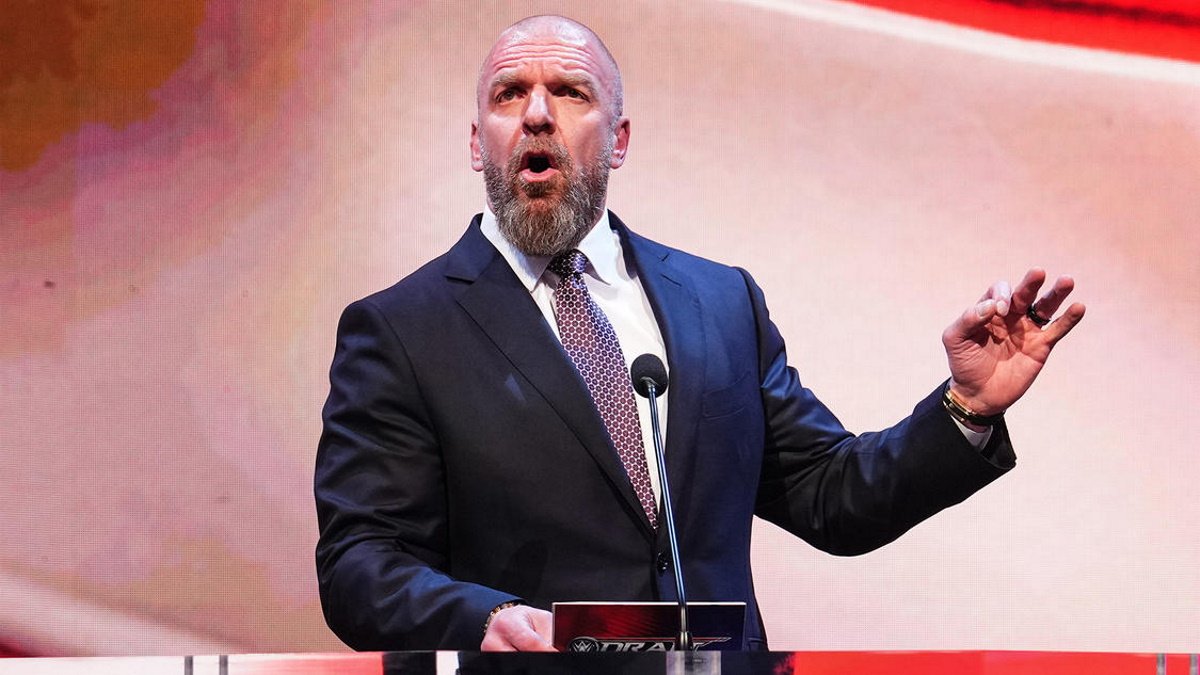
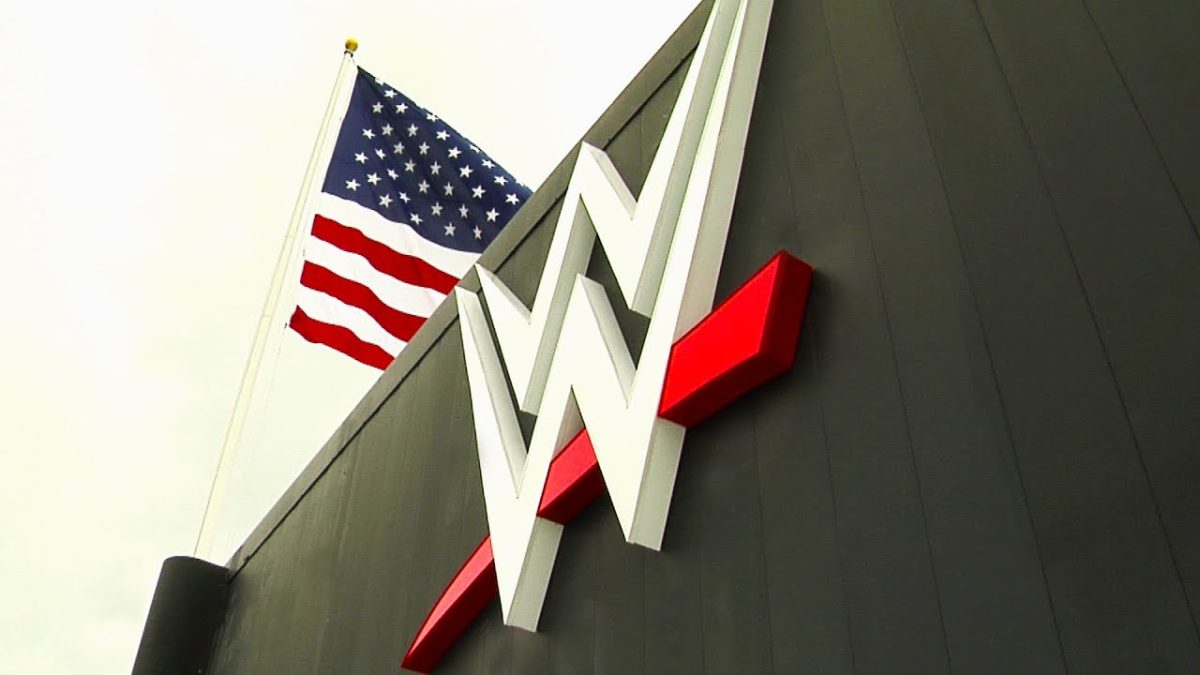
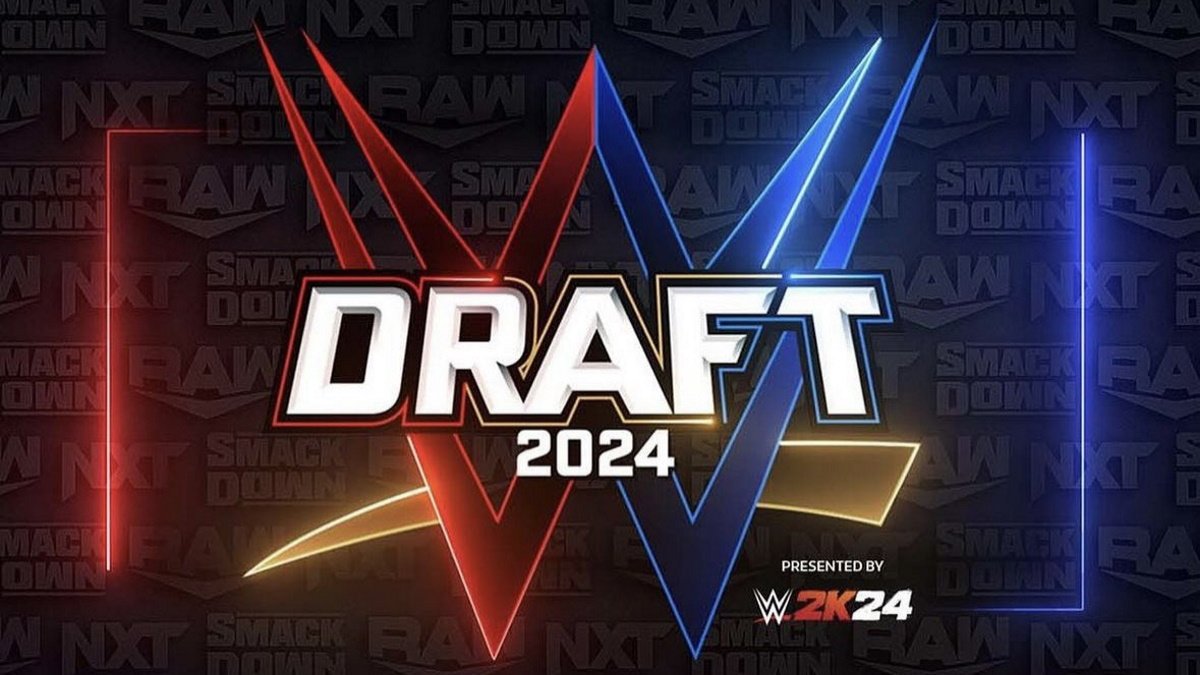
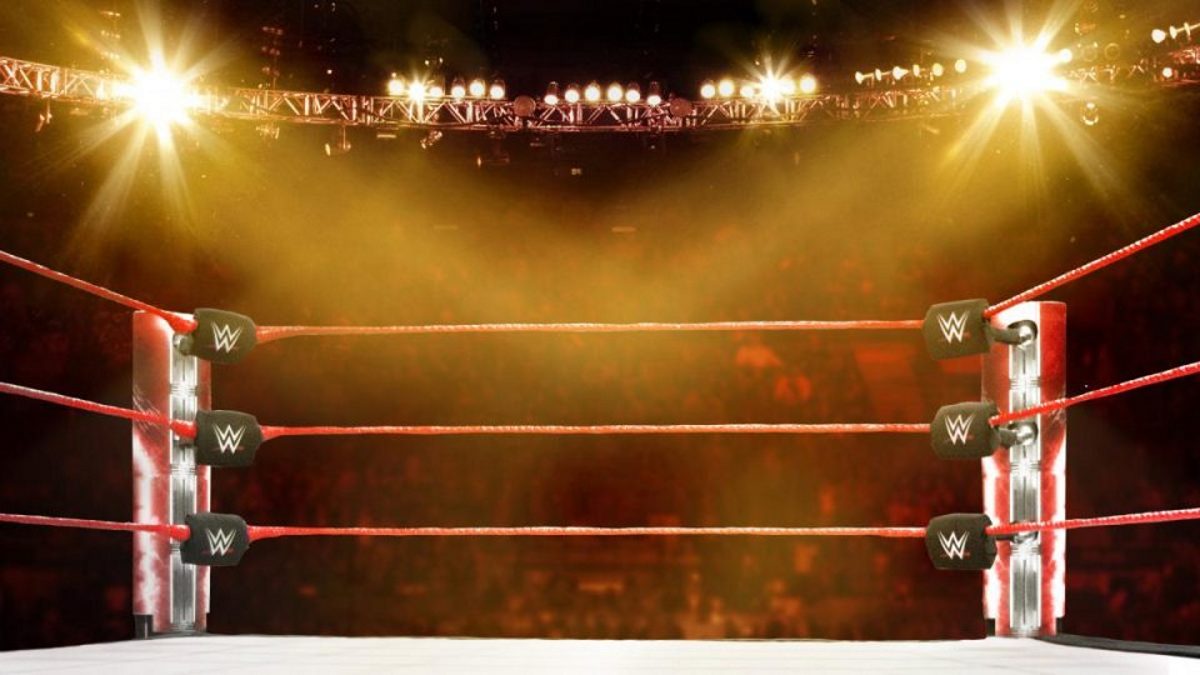
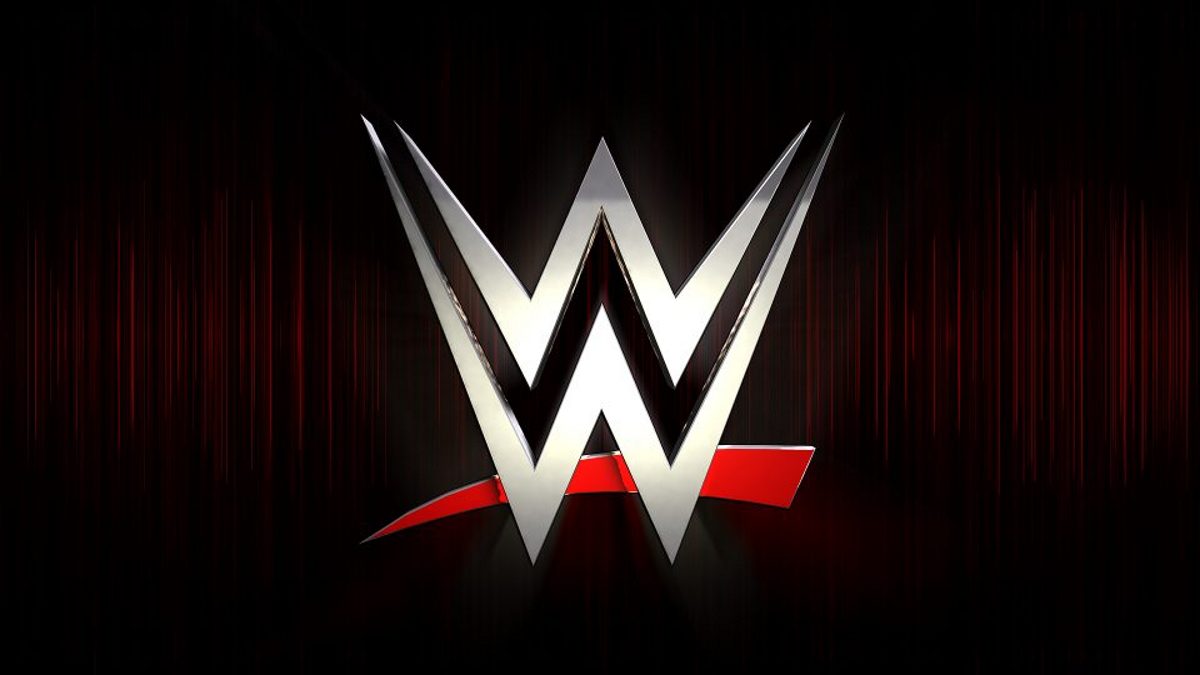
 mailing list
mailing list